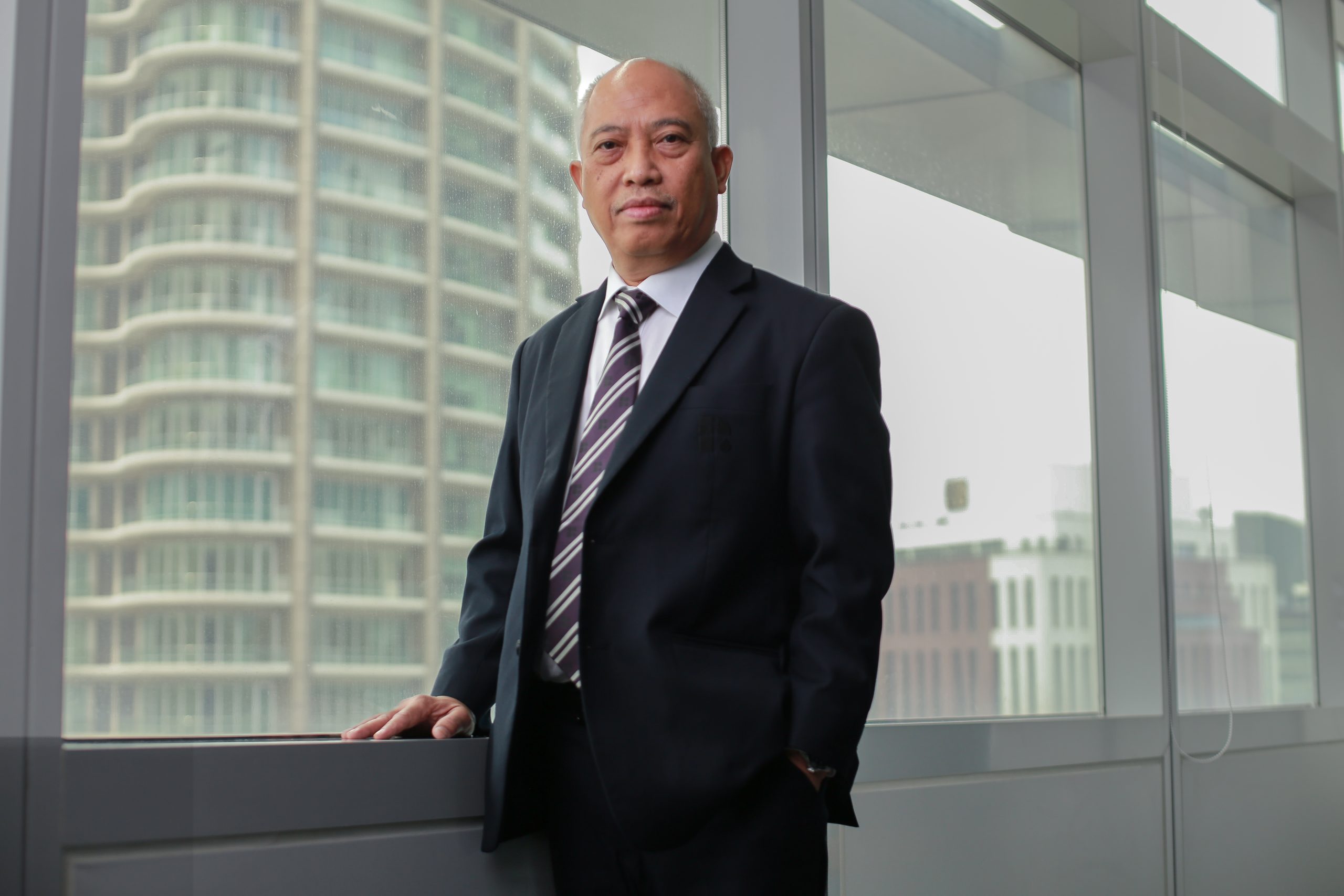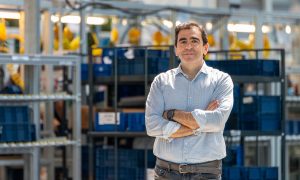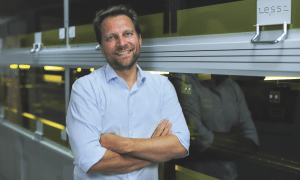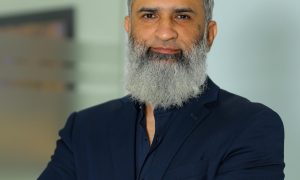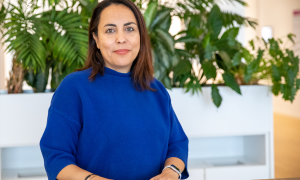Linked with continuing climate change, several regions of the world already face water scarcity, with others set to join them in the coming decades. Malaysia approached this issue by incorporating a special purpose vehicle (SPV) company, Pengurusan Aset Air Berhad, as custodians of the national water assets. We spoke to acting CEO Ir. Zulkiflee Omar to discover how this most crucial of issues is being tackled.
Incorporated on May 5th, 2006, Pengurusan Aset Air Berhad (PAAB) is a wholly owned company of the Minister of Finance (Incorporated), Malaysia. Its objective is to be a holding company for the nation’s water assets, ensuring efficiency, quality and sustainability. PAAB’s main responsibility is to develop the nation’s water infrastructure in Peninsular Malaysia and the Federal Territory of Labuan using competitive financing sourced and obtained from the private financial market. Once the water asset projects are completed, they are then leased to the water operators.
Taking on a new role
Current Acting CEO Ir. Zulkiflee Omar was appointed as the chief operating officer, COO, in July 2021. He was appointed as the acting CEO in March 2023. He came largely from a project management background with several major regional organisations. These roles provided knowledge of diverse infrastructural niches, such as rail and gas. Ir. Zulkiflee was therefore thrilled to be offered the opportunity to head up PAAB’s operation team as the COO.
“As a consultant, you have a lot of ideas about how to do things,” he states. “So although I was moving from rail to water, the principle of project management was still the same, and I felt I had a lot to offer. I saw this as an opportunity to be a real leader in this sector and to implement everything I had learned in my previous career. Really, it was a dream come true for a person like me, who has ideas but previously did not have the authority to implement all of them.”
Since starting in his present position two years ago, Ir. Zulkiflee has had the chance to influence a number of projects. He has been able to stamp his mark on arguably some of the most important work taking place in Malaysia today. Any nation which manages its water resources poorly will face difficult times in the years ahead. However, that’s not to say it has been plain sailing. Ir. Zulkiflee took up his post in the midst of the coronavirus pandemic when repeated lockdowns created chaos across supply chains and logistics.
“Yes, as a project manager by nature, I am always focused on three things,” Ir. Zulkiflee explains. “Quality, time and money. When I first took my job, there were a lot of ongoing projects, around 65 of them all over the country, but some of them were behind schedule. They had been stalled for a while, then COVID came along and made it worse. This was not an ideal situation for anybody.”
Getting to work
Immediately, Ir. Zulkiflee set about implementing changes.
“To begin with, I changed the way project progress monitoring and reporting was done, a more structured format and easy to understand by the top management and board members. After that, we began rigorous analyses to study project delays and additional costs. This was extremely important. You have to understand the root of the problems before you know how to address them.”
Through this approach, it was discovered that in many cases, project hold-ups were linked to the planning and design stage. Initial designs were required to be altered during construction, causing delay to the project as it needs additional time to carry out the redesign works and consequentially slowing down construction progress. The revised design not only caused delay but also additional cost to the projects. It was clear that project design plans or scope of work needed to be agreed upon and finalised from the beginning.
“So what we decided to do,” Ir. Zulkiflee says, “was to invite the project team, our design consultants and the water operators (end-uses) team together at the outset to discuss and agree. Once everything is agreed, then we sign off the drawings. This means that nobody can change them, and in this way, the problem was solved.”
Taking it wider
A similar process was instigated with local authorities, who had provided obstacles on some of the other projects. Several had been started before local authority intervention halted their progress. Ir. Zulkiflee therefore established pre-project meetings between local authorities and his consultants, even offering them ‘walkabouts’ on project sites to ensure that buy-in and requirements are captured before tender and commencement.
A final area of focus for Ir. Zulkiflee has been on land acquisition, a process he describes as previously having been a “very tedious and long process.” In order to streamline this part of the operation, he recognised that changes need to be made.
“We strengthened our checklist to ensure that all the approvals from the authorities for land acquisition were in place prior to starting any negotiation. Planning approval, building plan approval, whatever was needed, we get it done upfront so that when the project is ready, we can push it through.”
Looking toward the future
“A slightly longer-term focus is that we need to improve the reserve margin of the water.”
These measures have all helped to create a much more efficient and dynamic culture at PAAB. With those improvements now entrenched, thoughts have naturally turned to the future.
“Our role at PAAB is to focus on the challenges Malaysia faces in regard to its water resources and think about how we resolve them,” Ir. Zulkiflee states. “One of our major upcoming projects will be to focus on the replacement of the old and aging pipes we have here. They can be a cause of wastage, either due to leakages or pipe bursts, which is something that needs to be addressed. The replacement of the old and aging pipes can help to reduce the non-revenue water (NRW) for the country. A slightly longer-term focus is that we need to improve the reserve margin of the water. If we do that, the reserve treated water can be redirected or become back-up if there is a problem with one plant, for example.”
As a result of these overarching plans, various other plans are also under consideration. PAAB will be funding and implementing construction of several water treatment plants throughout the country in the next few years. These new water treatment plants are capable of producing in total more than 2,400 million litres of water per day. It is projected that the newly built plants would be capable of sustaining the water demand levels for the next ten years, meaning that other areas of focus can then also be addressed.
Furthermore, since its inception, PAAB has effectively delivered a staggering 2,256 million litres of water per day, with an anticipated total exceeding 4,500 million litres per day in the near future. Notably, PAAB’s most recent accomplishment—the construction of the largest single-phase water treatment plant in Southeast Asia—has earned recognition in the Malaysian Book of Records. This achievement celebrates the engineering marvel of the longest and deepest 2,500-millimeter micro-tunnelling twin tunnel water pipeline.
An unusual situation
PAAB’s status as a government-linked company with government guarantees when needed assures its place and means that longer-term planning is possible with absolute confidence. It is not a business which must consider the actions of competitors or its ability to market effectively. Essentially, PAAB is a funder and developer of water assets for the country on behalf of the Malaysian government. Essentially, PAAB provides a real-world extension of Malaysian government policy.
“It’s quite a unique situation,” Ir. Zulkiflee confirms. “But one that I enjoy. I don’t think other countries around the world develop their water assets in this way. But maybe they should! It’s a good model. It leaves the water operator as an asset-light company that focuses on providing quality service to the consumer because they know that PAAB will manage everything else from funding, implementing and delivering the CAPEX works.”
Click here to read and download the full article.

